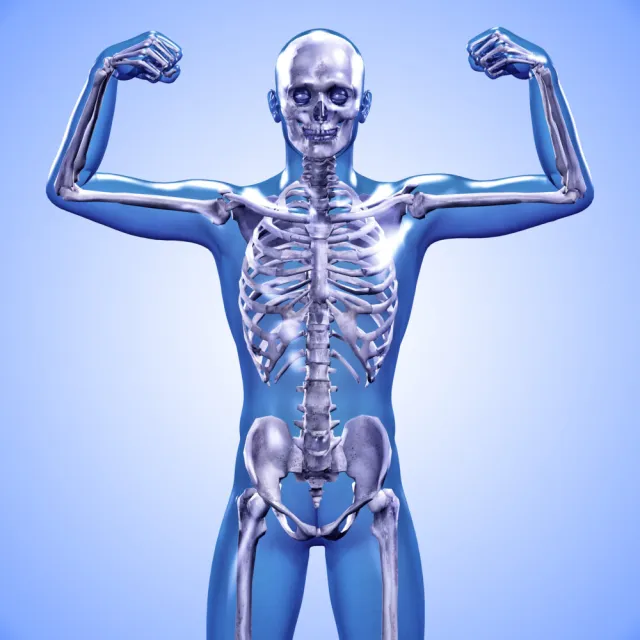Maintaining health for our bones and joints is crucial if we want to live an vibrant life. While exercise and lifestyle choices definitely play a role it’s important to recognize that nutrition also has an impact, on the longevity and vitality of our bones and joints. This article will explore the connection between nutrition and the health of our bones and joints focusing on the nutrients that contribute to their strength and flexibility.
Which Nutrients Are Essential for Bone and Joint Health?
A balanced diet that is rich in nutrients forms the foundation for maintaining bones and joints. There are nutrients that play a pivotal role in supporting the growth, maintenance and repair of these vital parts of our body. These include;
Calcium: This mineral is renowned for its role in promoting bone health. Calcium not helps build bones during childhood and adolescence but also aids in preventing bone loss as we age.
Vitamin D: Often referred to as the “sunshine vitamin ” vitamin D is crucial for calcium absorption. It enhances the bodys ability to utilize calcium effectively contributing to bone mineralization and overall bone strength.
Magnesium: Although often overlooked compared to calcium magnesium plays a role, in maintaining bone health by regulating calcium levels within the body. It works hand in hand with calcium to ensure bone density and structure.

Vitamin K plays a role, in maintaining healthy bones by aiding in the production of proteins that regulate bone mineralization. Its job is to ensure that calcium is properly incorporated into the bone matrix thereby promoting bone strength.
Phosphorus, working hand in hand with calcium is another mineral for the structure and function of bones. It actively contributes to the formation of the matrix that gives bones their strength.
Protein intake is vital for preserving the strength and integrity of muscles, tendons and ligaments that support our joints. It also plays a role in repairing and building bone tissue.
When it comes to muscle and bone health nutrition plays a role. Adequate protein consumption not supports bone maintenance. Also promotes optimal muscle health. In order to repair and grow muscle tissue it’s important to include protein foods like meats, dairy products, legumes and nuts, in our diet.

Additionally maintaining a weight through nutrition can help reduce strain on both bones and joints. Excessive body weight can place stress on weight bearing joints which may accelerate wear and tear.
By maintaining a balanced diet and managing weight individuals can support the health of both their bones and joints.
The Vital Role of Vitamin D, in Strengthening Bones and Teeth
Among the nutrients vitamin D plays a role in promoting the development of strong bones and teeth. Vitamin D helps regulate the absorption of calcium in the intestines ensuring that our bodies can effectively use calcium from our food. This process directly contributes to bone mineralization enhancing bone density and strength. Additionally not having vitamin D has been associated with conditions like osteoporosis, which can lead to fragile bones. To maintain levels of vitamin D it is beneficial to spend time in sunlight consume fatty fish and fortified dairy products or consider taking supplements if recommended by a healthcare professional.
Nutrient Supply to Support Bone Health
Supplying nutrients to our bones is a process that involves blood circulation, absorption and cellular activities. Nutrients are carried to our bones through the bloodstream where they are utilized for growth, repair and maintenance purposes. Proper blood circulation ensures that minerals such, as calcium, phosphorus and magnesium are transported to bone tissues effectively. This circulation is influenced by health status well as diet choices and levels of physical activity.
In summary nutrition has a role, in keeping our bones and joints healthy and strong. Consuming a diet that includes nutrients such as calcium, vitamin D, magnesium, vitamin K, phosphorus and protein is essential for maintaining the flexibility, strength and overall functionality of these parts of our body. By making informed choices, about what we eat and leading a lifestyle we can actively contribute to the well being of our bones and joints. This enables us to live fulfilling lives.
Consult Dr. Rahul Grover now https://glyraorthopaedics.com/contact-us/
Visit:
Instagram: https://www.instagram.com/glyra_orthopaedics/
Facebook: https://www.facebook.com/groverortho
